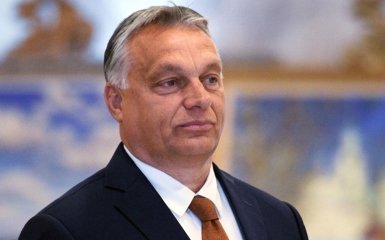Former Pentagon consultant and military expert Ruben Johnson points out that the newest Russian T-14 "Armata" tank, which Moscow calls "the best in the world," has already fallen into disrepair.
Points of attention
- The Armata tank failed to meet the Kremlin's expectations due to financial problems and corruption.
- Instead of the declared 2,300 units, only a limited batch was produced.
- Currently, Russia is focused on modernizing old tanks.
What is important to know about the Russian Armata tank
According to the expert, the much-hyped enemy tank became a failure for several reasons, primarily financial problems and corruption.
Ruben Johnson points out that excessive development costs, corruption schemes, and unrealistic planning have de facto buried this project alive, writes 19FortyFive.
Instead of the announced 2,300 units that were to be produced by 2020, only a limited batch was produced. Due to economic constraints, Russia decided to focus on modernized versions of older tanks, such as the T-72 and T-90.

As foreign experts note, despite the fact that the Armata can still boast advanced technologies, they are not innovative.
Moreover, against the background of Western tanks, for example, the M1 Abrams, which were created decades ago, it generally loses its advantages.
The Armata tank did not meet the Kremlin's expectations
Even 10 years ago, when Russia first officially announced the T-14 project, Moscow harbored hopes that this particular tank would become a key element of the army's modernization.
However, large-scale financing difficulties immediately slowed down the implementation of this plan.
The then Deputy Minister of Defense, Yuriy Borisov, was not afraid to be indignant publicly:
The money allocated for this project turns out to be too little, he lamented.

According to experts, the simply astronomical cost of the tank (over 250% of initial forecasts) and dependence on Western technologies have driven the project into a dead end.
Instead of mass-producing the T-14, the Russian military decided to modernize existing models. As Borisov noted: "The T-72 is in great demand on the market. It is efficient, high-quality and much cheaper than the Armata."










